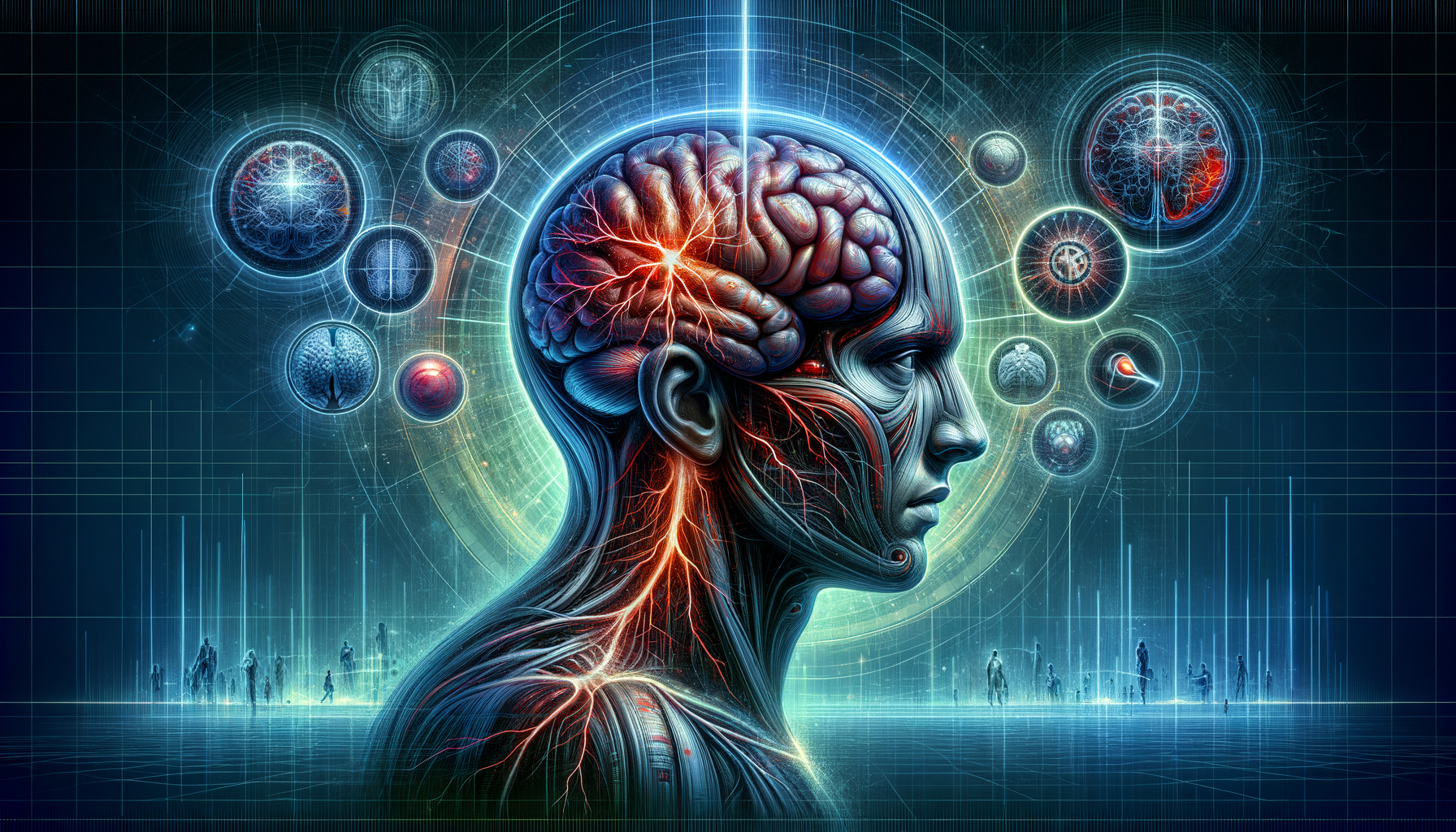
5 Migraine Treatments Recommended by Neurologists
Introduction to Migraine Treatment Specialisation
Migraines are more than just headaches; they are complex neurological events that can significantly impact an individual’s quality of life. Understanding the intricacies of migraine treatment is crucial for those who suffer from this debilitating condition. Neurologists, who specialize in the nervous system, play a pivotal role in diagnosing and managing migraines. This article delves into the various treatment options recommended by neurologists, offering insights into how these strategies can provide relief and improve life quality for migraine sufferers.
Understanding the Nature of Migraines
Migraines are characterized by intense, throbbing pain typically on one side of the head, often accompanied by nausea, vomiting, and sensitivity to light and sound. The exact cause of migraines is still being studied, but it is believed to involve a combination of genetic, environmental, and neurological factors. Understanding these triggers and the migraine process is essential for effective treatment.
Neurologists often start with a thorough evaluation, including a detailed medical history and possibly imaging tests, to rule out other causes of headaches. This comprehensive approach helps in tailoring a treatment plan that addresses the specific needs of each patient. The goal is not only to alleviate the pain but also to reduce the frequency and severity of migraine attacks.
Pharmacological Treatments
Pharmacological treatments are a cornerstone in managing migraines. Neurologists may prescribe a range of medications based on the frequency and severity of the migraines. These include:
- Abortive Medications: These are taken at the onset of a migraine to stop it from progressing. Common options include triptans and ergotamines.
- Preventive Medications: For those with frequent migraines, daily medications such as beta-blockers, anticonvulsants, or antidepressants may be prescribed to reduce the occurrence of attacks.
- Pain Relievers: Over-the-counter or prescription pain relievers can be used for mild migraines, but their use should be monitored to prevent overuse and rebound headaches.
Each medication comes with its own set of potential side effects, and neurologists carefully consider these when creating a treatment plan. The effectiveness of these medications can vary, making it important for patients to have open communication with their healthcare provider to find the most suitable option.
Non-Pharmacological Approaches
In addition to medications, neurologists often recommend non-pharmacological treatments to complement migraine management. These approaches can be particularly beneficial for patients who prefer to avoid medication or who experience side effects. Some effective non-pharmacological strategies include:
- Behavioral Therapy: Cognitive-behavioral therapy (CBT) can help patients manage stress and develop coping strategies, which may reduce migraine frequency.
- Biofeedback: This technique teaches patients to control physiological functions such as heart rate and muscle tension, which can help in managing migraines.
- Acupuncture: Some studies suggest that acupuncture can reduce the frequency and intensity of migraines, making it a viable option for some patients.
These therapies focus on holistic health and empower patients to take an active role in managing their condition. By combining these methods with traditional medical treatments, patients often experience improved outcomes.
Lifestyle Modifications and Trigger Management
Lifestyle changes play a crucial role in managing migraines. Identifying and avoiding triggers can significantly reduce the frequency of attacks. Common triggers include certain foods, stress, sleep disturbances, and environmental factors. Neurologists often advise patients to keep a migraine diary to track potential triggers and patterns.
Some lifestyle modifications that may help include:
- Regular Exercise: Engaging in regular physical activity can reduce stress and improve overall well-being, potentially decreasing migraine frequency.
- Healthy Diet: Maintaining a balanced diet and avoiding known dietary triggers can prevent migraines.
- Consistent Sleep Schedule: Ensuring adequate and regular sleep can help prevent migraines triggered by sleep disturbances.
By adopting these lifestyle changes, patients can often achieve better control over their migraines, leading to a more balanced and fulfilling life.
Conclusion: Navigating Migraine Treatments
For those living with migraines, finding effective treatment can be life-changing. Neurologists offer a range of strategies, from medications to lifestyle modifications, to help manage this condition. While it may take time to find the right combination of treatments, the journey is worthwhile for the relief and improved quality of life it can bring. Patients are encouraged to work closely with their healthcare providers, remain open to trying different approaches, and stay informed about new developments in migraine treatment. Through a collaborative and informed approach, managing migraines becomes a more attainable goal.


